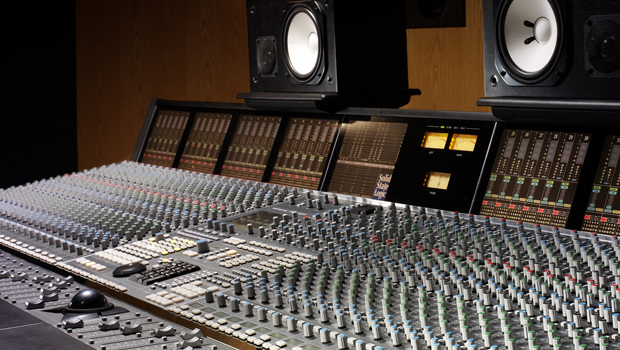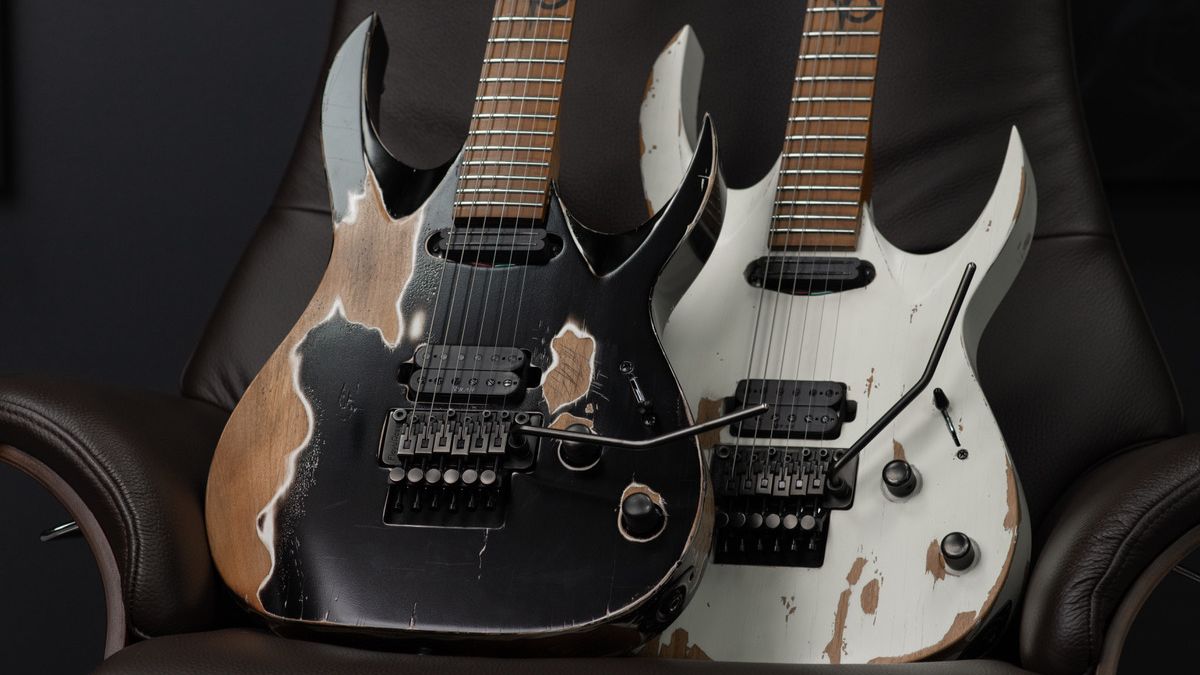What to Know About Studio Recording for Beginners

With the advent of digital distribution, it’s more important than ever for bands and musicians to get their work out there.
There’s a lot to take into consideration when it comes to recording an album, or even a song, for the first time. Don’t let the overpowering amps or pro gear sway you too much. When it comes down to it, there are two golden rules: Know your material inside and out, and find an engineer who knows how to create your desired sound.
"You really need to know every detail of your song, and you need to be able to translate that into language terms musicians will understand," said Dr. Joe Ferry, a faculty member of SUNY Purchase’s Conservatory of Music, who has been producing records for more than 30 years. "The outside world is not like making beats inside your house; you have to interact with other human beings."
Ferry, whose work has earned him multiple Grammy nominations, chairs the Studio Production department at Purchase College and had worked with artists such as The Skatalities, John Hammond and George Harrison.
"What George Harrison started out with and what he ended up on the album are equally great but worlds apart," Ferry said. "What happens when you get into the studio is that your song begins to evolve."
Once you have your material well rehearsed and are able to communicate it thoroughly, record a rough demo. This can be done with software such as Pro Tools and Apple’s Garage Band and doesn’t have to be fancy.
"When you’re in a rehearsal space, you don’t hear things the same way," said Dan Berry, a studio production senior at Purchase who has recorded other students’ work in the on-campus studio spaces. "That’s the biggest problem for bands that have never recorded before. You don’t hear every little thing each person is playing, and when it’s recorded, everything is exposed."
All the latest guitar news, interviews, lessons, reviews, deals and more, direct to your inbox!
Before booking studio time, it’s important to do your homework and research different recording engineers. According to Berry, there are engineers who are specialized in different genres, so it’s important to find one who can produce the sound you want.
"There are some genres, like indie rock, for example, that have different engineering techniques and tricks specific to that genre," he said. "Someone else might not be able to get those tones."
Since time is money when it comes to studio recording, it’s crucial to do the most you can with the time you have. Guitar players should position themselves in the control room whenever possible while recording, says Richie Castellano, who has been playing guitar with Blue Oyster Cult for the past seven years.
"You and the engineer are looking at the same thing, so it’s a time saver," said the Purchase alumnus, who recorded Regina Spektor’s first album and recorded his first CD from home at age 17. "You can just say, ‘Bring it back to measure 59’ instead of struggling with the language. And a lot of studios will let you do that."
Other than a suitable engineer, another factor when looking for a studio is latency, which is the time it takes for the computer to process a sound and spit it back out to the artist or engineer.
"Make sure you ask about latency and how you’re going to be hearing the guitar," Castellano said. "You can barely perceive it, but that millisecond is a enough to throw off your timing. And as a guitar player, you’ll compensate for that."
Above all, be comfortable. Work with people who make you feel comfortable in a space that isn’t intimidating.
"Sometimes you’ll get an engineer who does everything you’ve hired them to do, but you’ll just get a vibe that they don’t care,” Berry said. “That makes you feel rushed, and it’s very much an atmospheric type of thing. If a recording is technically done horribly but its one of the best performances the band has ever done, it’s still going to sound awesome."
